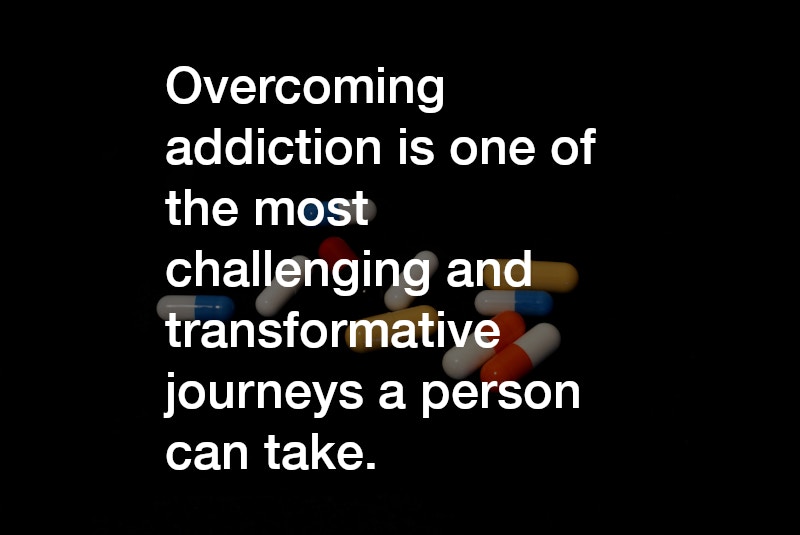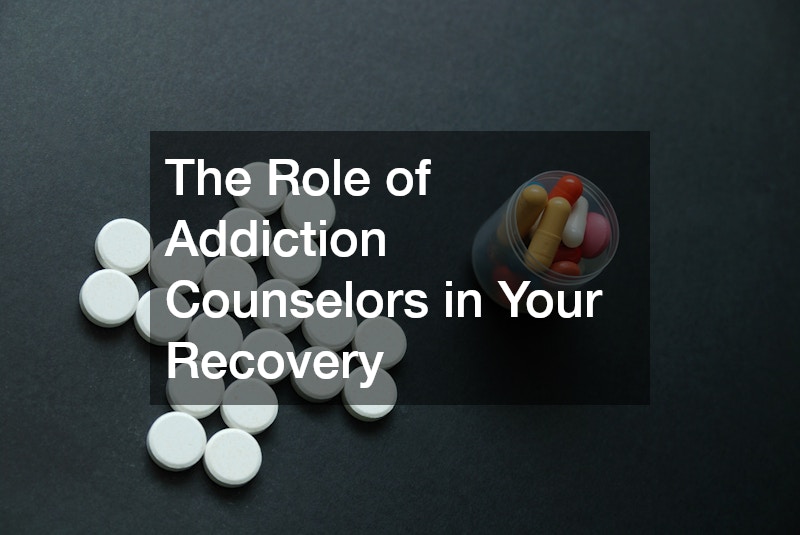
Overcoming addiction is one of the most challenging and transformative journeys a person can take. While the path to recovery may seem daunting, you don’t have to walk it alone. Addiction counselors play a vital role in helping individuals navigate the complexities of addiction and achieve long-term sobriety. If you’re considering professional help, understanding the role of addiction counselors can offer insight into how they can support you throughout your recovery process. At mount juneau counseling & recovery, counselors are dedicated to helping individuals not only overcome addiction but also rebuild their lives.
In this blog, we’ll explore the critical role addiction counselors play in recovery and how they contribute to your long-term success.
Understanding the Role of Addiction Counselors
Addiction counselors are trained professionals who specialize in helping individuals struggling with substance abuse and behavioral addictions. Their role is multifaceted, and they work closely with clients to assess their needs, develop personalized treatment plans, and provide ongoing support throughout the recovery process.
The foundation of their work is to help clients gain a deeper understanding of their addiction. By exploring the root causes of addictive behavior, addiction counselors help individuals recognize triggers, develop coping mechanisms, and create strategies for long-term sobriety. At mount juneau counseling & recovery, counselors offer personalized treatment plans tailored to the specific needs of each individual, ensuring a more targeted approach to recovery.
Assessment and Individualized Treatment Planning
One of the first steps in working with an addiction counselor is undergoing a comprehensive assessment. This process involves evaluating the individual’s substance use history, mental health, family background, and overall well-being. The goal of this assessment is to understand the unique challenges each client faces in their recovery journey.
Based on this assessment, the addiction counselor works with the individual to create a personalized treatment plan. This plan outlines specific goals, strategies, and timelines for addressing the addiction. Whether the treatment plan includes therapy, group counseling, or medication management, the aim is to create a structured path toward sobriety.
At mount juneau counseling & recovery, counselors recognize that no two individuals experience addiction in the same way. That’s why they place great emphasis on crafting personalized treatment plans that address both the physical and emotional aspects of addiction, offering the best chance for long-term recovery.
Counseling and Therapy
Counseling and therapy form the backbone of addiction treatment. Addiction counselors provide one-on-one therapy sessions where clients can openly discuss their experiences, feelings, and struggles. These sessions are crucial for building trust between the client and counselor, creating a safe space where individuals feel heard and supported.
Therapy sessions often focus on helping individuals understand the psychological and emotional factors that contribute to their addiction. By exploring these underlying issues, addiction counselors help clients identify destructive patterns of behavior and replace them with healthier coping mechanisms. Cognitive-behavioral therapy (CBT), for example, is a common therapeutic approach used to help individuals reframe negative thoughts and behaviors associated with addiction.
Group counseling is another important element of recovery. Group sessions provide individuals with a sense of community and belonging, allowing them to share their experiences with others who are going through similar struggles. At mount juneau counseling & recovery, group therapy is designed to foster a supportive environment where individuals can learn from each other, build connections, and hold one another accountable.
Support and Relapse Prevention
Recovery from addiction is an ongoing process, and addiction counselors play a key role in providing continuous support even after the initial stages of treatment. One of the most important aspects of their work is helping individuals develop strategies for preventing relapse.
Relapse prevention involves identifying potential triggers, such as stress, social situations, or emotional turmoil, that could lead to a return to substance use. Addiction counselors work with clients to develop coping strategies for managing these triggers and avoiding relapse. This can include techniques such as mindfulness, stress management, and building a strong support network.
At mount juneau counseling & recovery, counselors understand the complexities of addiction and how difficult it can be to maintain sobriety. That’s why they offer ongoing support and resources for relapse prevention, helping individuals stay committed to their recovery goals and build resilience over time.
The Importance of Ongoing Support
Addiction recovery doesn’t end when treatment concludes. Long-term success requires ongoing support and encouragement. Addiction counselors help individuals stay engaged in their recovery journey by providing continuous care, monitoring progress, and making adjustments to the treatment plan as needed.
Counselors also play a critical role in helping individuals reintegrate into their everyday lives. From managing relationships to handling work responsibilities, addiction counselors offer guidance on navigating the challenges of life after treatment, ensuring that clients have the tools and support they need to maintain sobriety.
Final Thoughts
Addiction counselors are a vital resource for anyone seeking to overcome addiction and build a healthier, more fulfilling life. By providing personalized treatment plans, counseling, and relapse prevention strategies, counselors at mount juneau counseling & recovery are dedicated to helping individuals achieve long-term sobriety. If you or a loved one is struggling with addiction, seeking the support of a trained addiction counselor can be the first step toward a brighter future.

